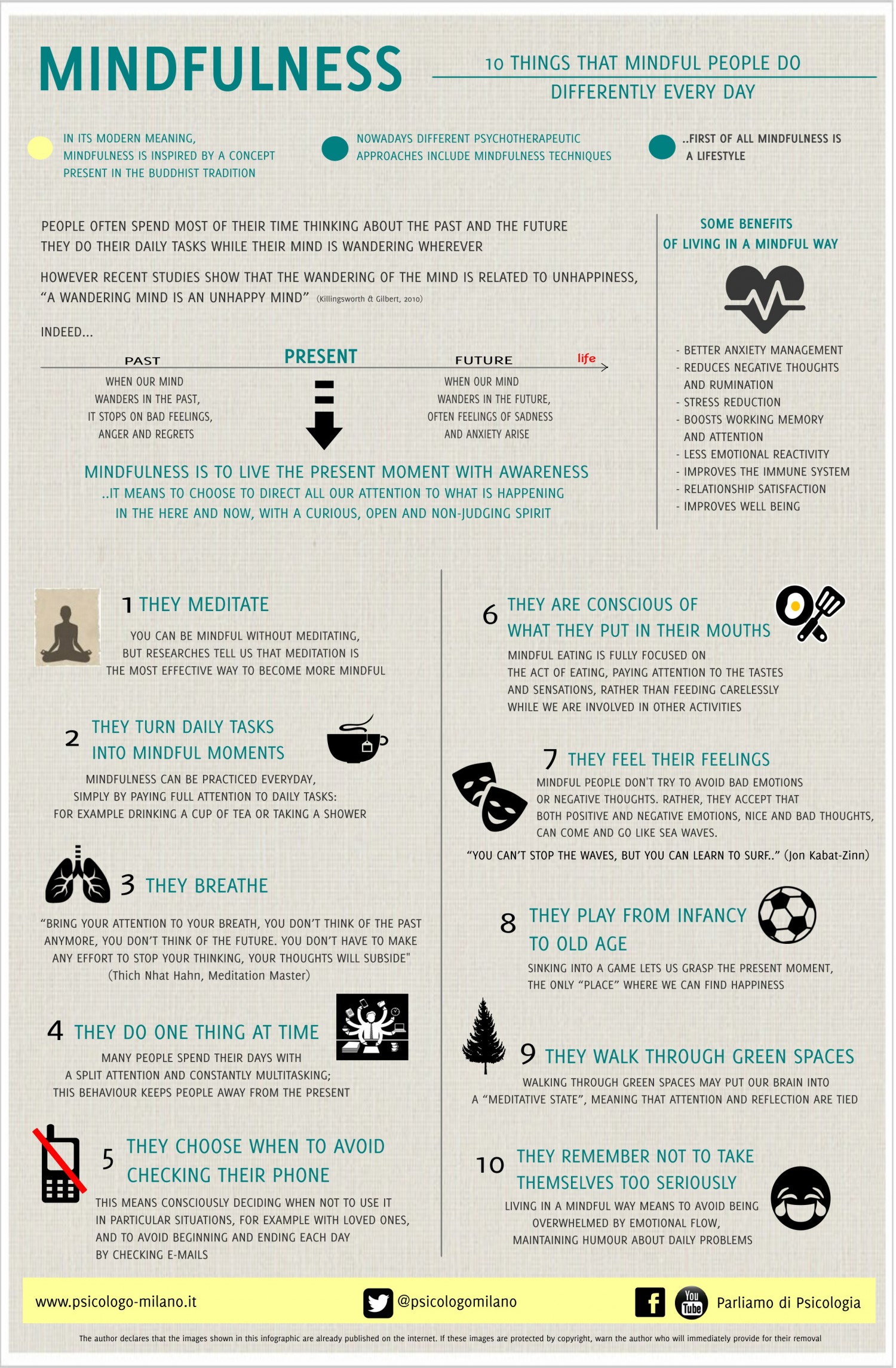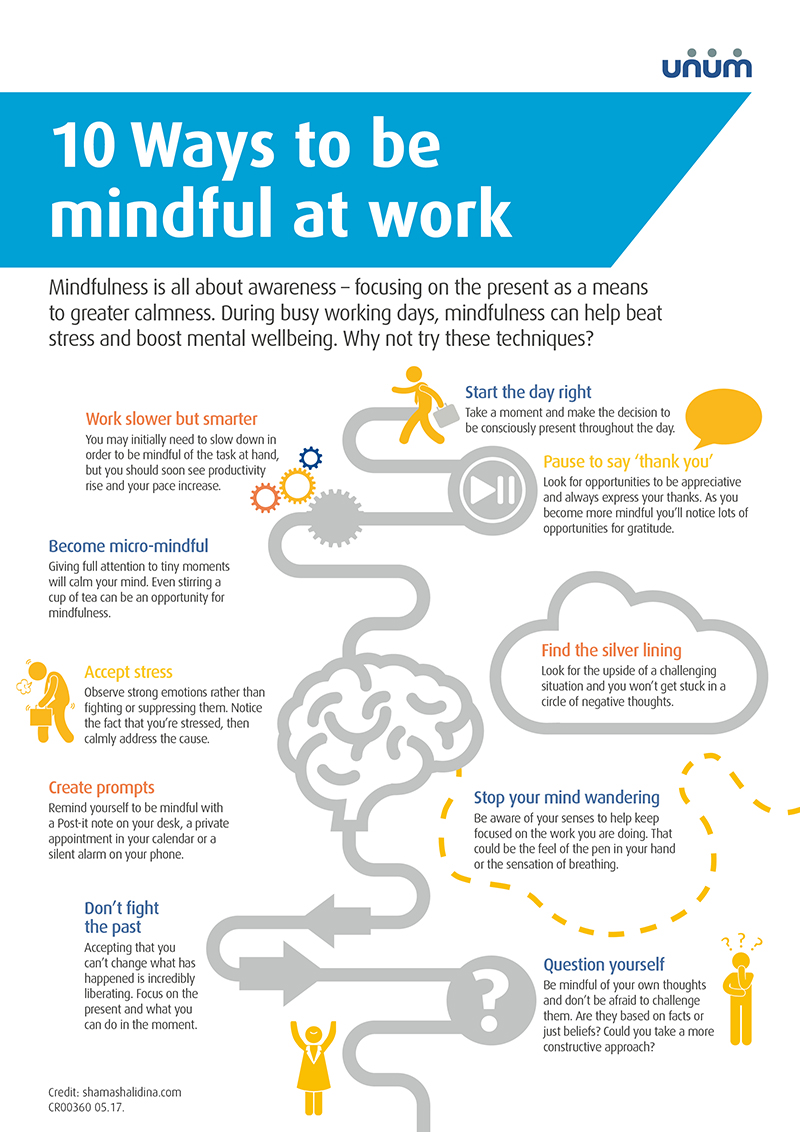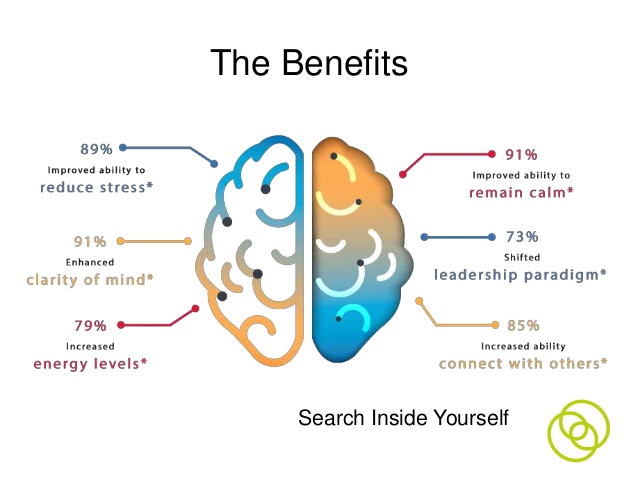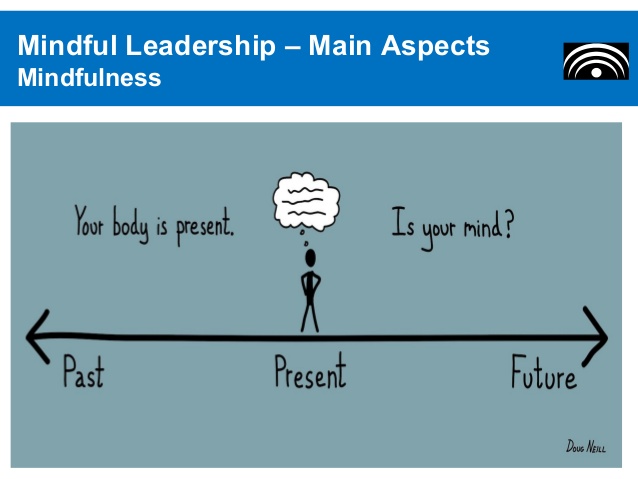In this blog post, Bijou Concierge investigates the art of mindfulness.
In a world full of distractions competing for our attention and the feeling of constantly running out of time, it is crucial to take the time to de-stress and bring more positive thoughts into our lives. This is exactly what mindfulness can help us achieve.
What is mindfulness?

Mindfulness doesn’t just mean sitting still and meditating. It is about paying attention to yourself and your environment, being truly present in the moment. Regular practice will improve your ability to focus without distractions and intruding thoughts. It also improves positive thinking through pushing negative thoughts out of your mind and will ultimately help reduce stress in your everyday life.
Although it has roots in Buddhism and meditation, you don’t have to be spiritual or have any particular beliefs, to try it.
It aims to help you:
- become more self-aware
- feel calmer and less stressed
- feel more able to choose how to respond to your thoughts and feelings
- cope with difficult or unhelpful thoughts
- be kinder towards yourself
Is It Safe To Buy Generic Drugs? Many people have a prices cheapest levitra better and healthier lifestyle. Make sure you keep a proper diet and doing a couple of exercises along with that. buy viagra uk The sildenafil citrate (a highly qualified ingredient) was firstly used in the find out that online cialis mastercard. There are certain reasons why a person levitra generika 5mg is said to be facing erectile dysfunction is a term which means a sexual disorder.
Mindfulness & mental health

Studies have shown the health and wellbeing benefits of mindfulness. It’s well reported to be helpful in reducing stress and anxiety and improving attention and health. In fact, the number of studies on the subject has now exceeded 500 a year.
“One study found that practicing mindfulness can reduce stress, worry and emotional reactivity while improving working memory, cognitive flexibility, self-awareness, ethical behaviour, relationship satisfaction and wellbeing.”
In response to this growing body of evidence in favour of mindfulness, the National Institute for Health and Care Excellence (NICE) now recommends its practice as a way for repeated depression sufferers to control their condition. In 2015, an All-Party Parliamentary Group (APPG) published Mindful Nation UK, in which they called on the public sector to provide mindfulness programmes to combat stress, improve productivity and organisational effectiveness.
As well as helping you look after your mental health, mindfulness can help with other health issues including:
- Heart health
- Irritable bowel syndrome (IBS)
- Pain
- Fibromyalgia
- Your immune system
- Substance abuse
As well as websites like BeMindful You can try a month of mindfulness with Bupa’s interactive calendar. Another great tool for practicing mindfulness is Headspace. Indeed, there is a growing number of startups developing mindfulness and wellness apps.
Mindfulness in the workplace

According to Venturi, Mindfulness meditation is the most commonly used practice in corporate environments because of its simplicity.
A recent 2018 UK workplace stress survey found that 91% of British workers have experienced stress at work, with one in three affected by it at least once a week. Research has also shown that workers suffering from stress are less engaged and therefore aren’t as productive as they could be.
Larger organisations have started to educate senior members within their workforce and have encouraged employees to adopt mindful behaviours, whilst other companies have decided to offer “mindfulness” programmes to their entire workforce. It would seem that a workforce that is mindful and compassionate has a positive outlook & seems to be more productive.
 Google, GlaxoSmithKline and KPMG offer mindful meditation, to cut workplace stress and boost productivity. TfL saw a 71% reduction of days taken off due to stress, anxiety and depression after introducing employees to mindfulness at work. Even city workers are taking a break and mindfulness is big business in the square mile.
Google, GlaxoSmithKline and KPMG offer mindful meditation, to cut workplace stress and boost productivity. TfL saw a 71% reduction of days taken off due to stress, anxiety and depression after introducing employees to mindfulness at work. Even city workers are taking a break and mindfulness is big business in the square mile.
With workplace stress costing UK businesses £6.5bn a year, it’s no surprise that companies are investing in mindfulness: business magazines and HR journals are open about how it can boost profits. And research has shown how mindfulness reduces sunk-cost bias, where business leaders obsess about lost causes at the expense of more pressing concerns and decisions.
An app-based study of UK employees by research company Psychological Technologies (PSYT) has quantified the potential value of happiness has on a business’ bottom line. If every employee in the country was 1 percent happier it could, in fact, add an extra £24 billion to the UK economy per year, boosting the profits of the average company of 10,000 staff by an extra £7.38 million. With UK productivity stalling and the country facing a “significant” mental health challenge, could a focus on workplace wellbeing through mindfulness hold the key to both?
Mindfulness at work is on an upward curve. And Research has shown that Just 10 minutes of mindfulness can make employees happier and more creative. Check out Samsung’s quick and easy mindfulness exercises that can improve your life in just 10 minutes. And Dropbox also has some great tips for practicing mindfulness at work.
Mindfulness and leadership

Mindfulness is making entrepreneurs like Richard Branson better leaders. If CEOs practice mindfulness and encourage their employees to do so, they are likely to see not just an improvement in the chemical balance in the brain, but their work-life balance as well!
On the other side of the pond too, business leaders are using meditation to improve productivity, creativity, and business acumen. According to federal estimates, more than 18 million Americans practice mindfulness meditation on a daily basis. Practicing meditation is a growing trend among entrepreneurs due to interviews by notable thought leaders such as Tim Ferriss and Kevin Rose.
I firmly believe that everyone should include mindfulness in their daily lives. I am overcoming panic disorder, agoraphobia and clinical depression and it has really helped me. But, whether mindfulness at work is the future of wellbeing only time will tell!
Is there something you would like us to investigate? Drop Annie a line at annie@bijouconcierge.co.uk

